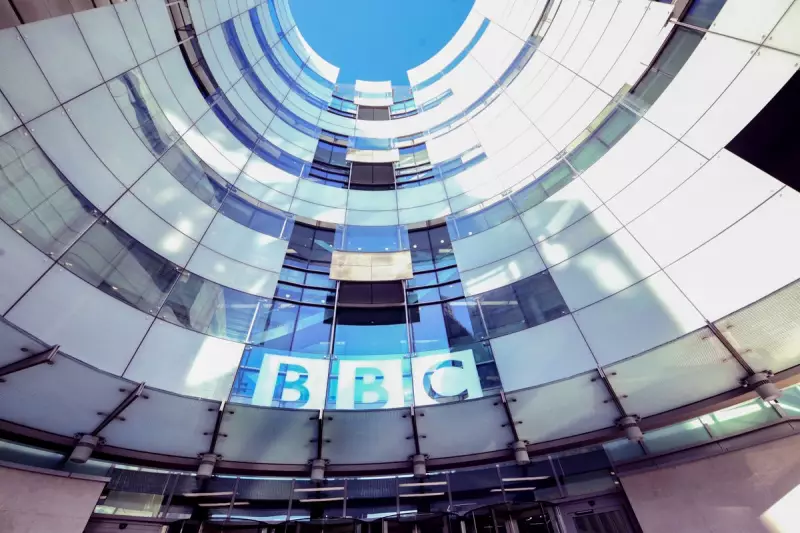
The BBC has officially begun its search for a new director general, launching a job advertisement for one of the most prominent and challenging positions in global media. The corporation is seeking a 'proven leader who can make challenging editorial judgements' to succeed Tim Davie, who is stepping down.
The advertisement, which went live with a deadline for applications of New Year's Eve, describes the role as offering 'excellent career and professional development'. This top job combines the responsibilities of the BBC's chief executive officer and editor-in-chief, a dual role recently described by BBC chairman Samir Shah as 'too big a job for one person'.
A Role of Immense Scope and Pressure
For the right candidate, however, the position presents an 'unmatched opportunity to lead a creative organisation with a remit and a role that is critical in the cultural and political life of the country'. The successful applicant will take the helm of the world's oldest and largest global broadcaster, founded in 1922 and primarily funded by the licence fee.
The BBC's reach is vast, providing programming across more than 60 radio stations and over nine UK TV channels, alongside a major online news presence via its website and iPlayer. The director general is tasked with upholding the BBC's founding mission to 'inform, educate and entertain' while simultaneously navigating an uncertain future for public service broadcasting.
The Qualities Required for the Top Job
The job specification outlines the key attributes the BBC is looking for in its next leader. These include:
- 'Demonstrable courage and resilience' to handle intense political and public scrutiny.
- 'Natural curiosity and intellectual agility' for balancing landmark programming like David Attenborough's series with complex political pressures.
- 'Exceptional communications skills', fundamental for any leader in journalism and broadcasting.
- Being a 'builder of effective teams', acknowledging that the role cannot be managed alone.
The appointment comes at a critical juncture for the BBC, which is facing relentless crises and a series of scandals. The Panorama editing row was a significant factor leading to Tim Davie's departure. Furthermore, the media landscape has been transformed by the internet, online news, social media, and streaming services, challenging the BBC's once-dominant status.
Navigating a Transformed Media Landscape
In his resignation speech, Mr Davie alluded to the immense pressure of the role, reflecting on 'the very intense personal and professional demands of managing this role over many years in these febrile times'. His tenure was further questioned when a select committee heard from Michael Prescott, author of a leaked impartiality memo, who stated Mr Davie had a 'blind spot' regarding editorial failings.
Despite the challenges, the role is highly rewarded. The director general's salary for 2024/2025 was £541,000, a figure that has been higher, reaching £642,000 in 2019. For context, this is substantially more than the Prime Minister's salary of £166,786.
Offering advice to his successor, Tim Davie emphasised the BBC's unique value, stating, 'In these increasingly polarised times, the BBC is of unique value and speaks to the very best of us. It helps make the UK a special place; overwhelmingly kind, tolerant and curious.' He added that while the BBC is not perfect, it must always remain 'open, transparent and accountable'.






